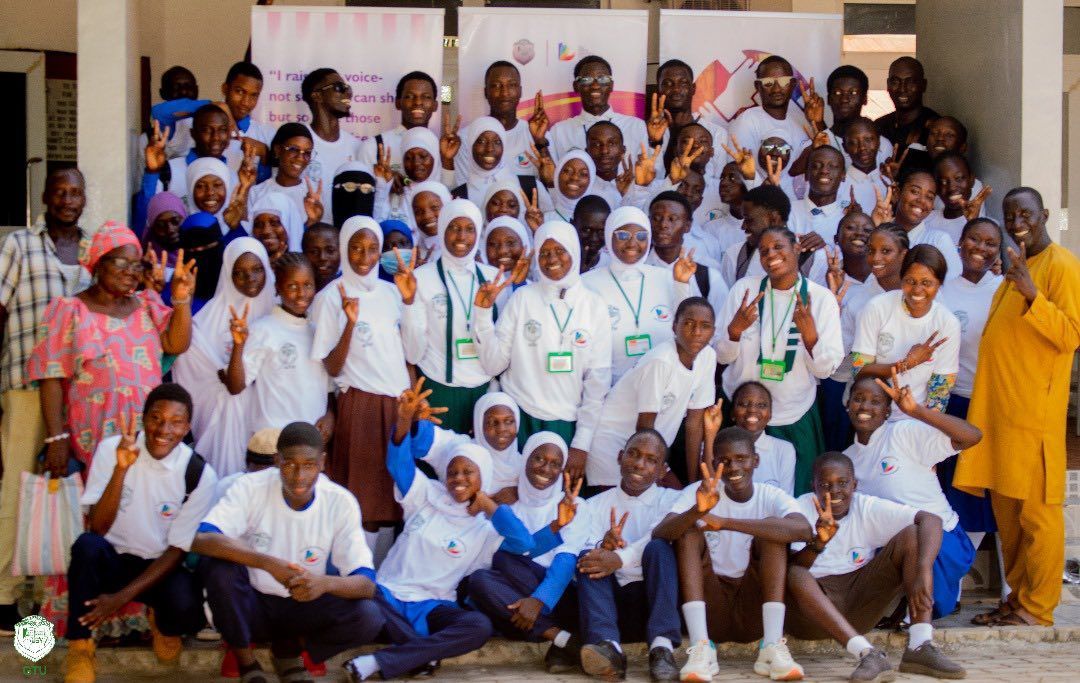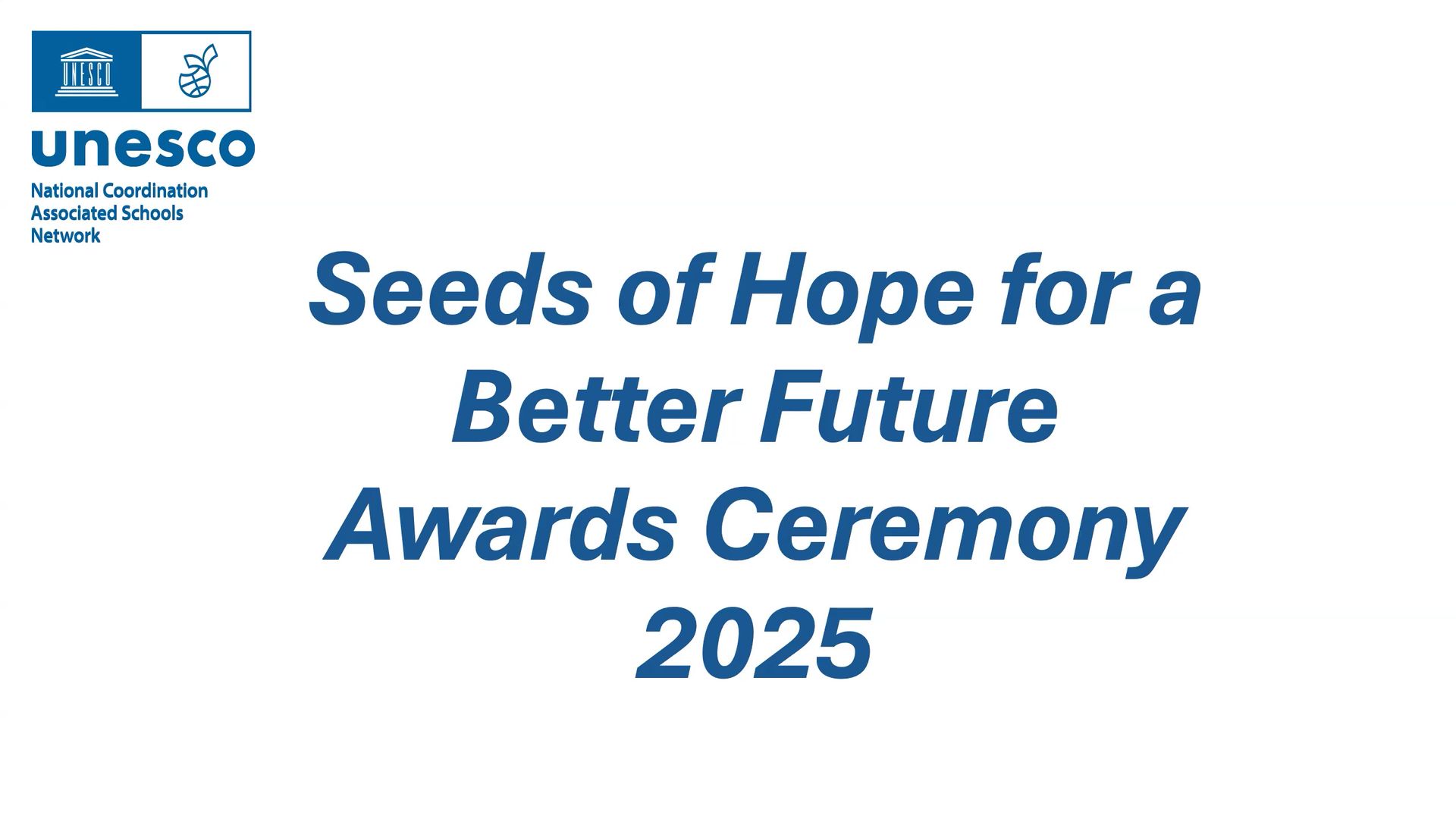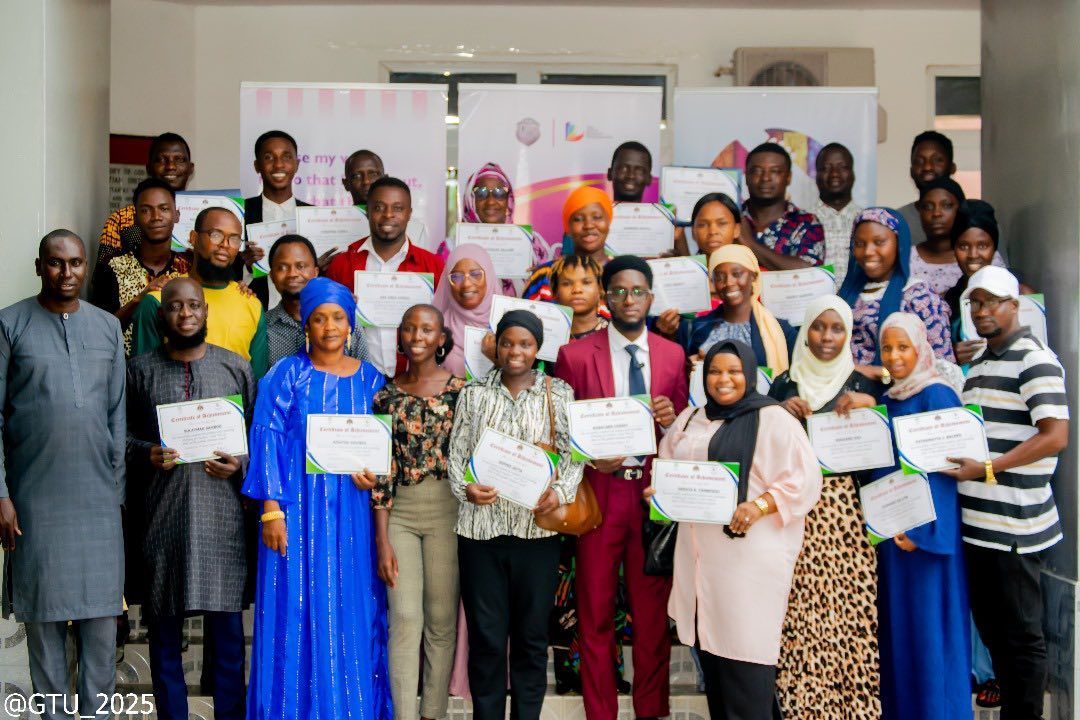Building a Brighter Future: Ensuring Sustainable Education and Equity for All
In today’s rapidly changing world, ensuring sustainable futures for all is a crucial goal that requires a collective effort from individuals, communities, and governments worldwide. Sustainable Development Goal 4 (SDG4) focuses on quality education for all, emphasizing the importance of access to education that meets everyone’s individual needs. To achieve this goal, we must address key issues such as gender and racial equity, defining quality education, overcoming obstacles, seizing global opportunities, and making necessary changes for a better future.
In my experience as a classroom teacher and STEM lead for my school, providing access to education that caters to everyone’s individual needs is essential for sustainable development. For example, when organising external trips or extracurricular activities we focus on offering opportunities to underrepresented groups such Pupil Premium students and students with special educational needs and disabilities. Recently we hosted a family STEM event evening for these key cohorts. By providing inclusive and equitable education, we can empower individuals to reach their full potential and contribute positively to society.
Gender and racial equity are fundamental aspects of ensuring education for all. By promoting diversity and inclusivity in educational settings, we can create a more equitable society where everyone has equal opportunities to learn and grow. This involves challenging stereotypes, promoting cultural awareness, and fostering a sense of belonging for all individuals, regardless of their background. During my role as regional lead for the Connecting STEM Teachers programme with the Royal Academy of Engineering I developed a Women in Welding programme with Lincoln Electric: global leaders in their field. The event gave girls in my region the opportunity to develop their welding skills and meet female role models to inspire them into a very underrepresented field. From this we now have a group of girls who have done work experience with Lincoln Electric and are now pursuing apprenticeships in welding.
Quality education is not just about academic achievement but also about holistic development. It encompasses critical thinking, creativity, communication skills, and social-emotional learning. However, achieving quality education faces obstacles such as inadequate funding, outdated curricula, and lack of teacher training. As a CPD Lead Facilitator for STEM Learning I have led and developed CPD for teachers with a focus on embedding careers into the curriculum. Overcoming these challenges requires investment in education infrastructure, curriculum reform, and professional development for educators.
Global connectivity offers vast opportunities for collaboration and knowledge sharing in the field of education. Through my role as Chief Operating Officer (COO) of STEMunity I have recently supported the Jamaican government with embedding STEAM (Science, Technology, Engineering, Arts and Maths) education into the national curriculum and connecting them with other ministries of education. By leveraging technology and digital platforms, we can connect students and educators from different parts of the world, fostering cross-cultural understanding and promoting global citizenship. This interconnectedness opens doors for innovative teaching methods, research collaborations, and cultural exchanges that enrich the educational experience.
To create a better future for all, we must prioritize education as a catalyst for sustainable development. This involves making changes at individual, institutional, and policy levels to ensure equal access, promote diversity, and foster inclusive learning environments. By working together towards these common goals, we can build a brighter future where education is a transformative force for positive change.
Biography
Jorden Birch is a secondary science teacher and Science, Technology, Engineering and Maths (STEM) lead with over 10 years’ experience. As part of her role as a teacher coordinator for the Connecting Stem Teachers (CST) programme with the Royal Academy of Engineering, Jorden has developed a large network of collaborating STEM teachers and industry professionals. Jorden is a Continuing Professional Development (CPD) facilitator for STEM Learning and a STEM mentor as part of the WIPRO programme. She also has experience developing international curriculum resources.




